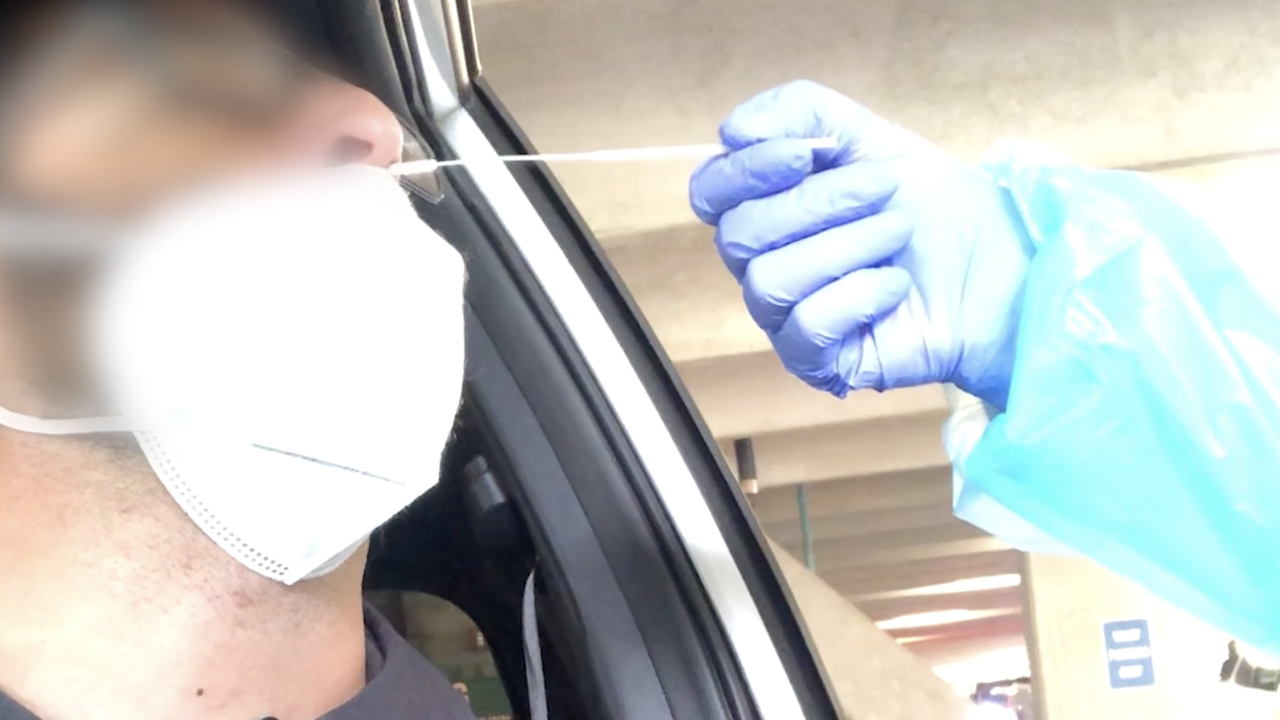IDAHO — Omicron spread quickly across the country. State health leaders say it is estimated there were about 29,800 new cases last week in Idaho. But what impact does that have on herd immunity?
While a lot is still unknown, health officials said the rapid spread could lead to short-term herd immunity or “super immunity” for some.
“It is probably true that there is at least a short-term herd immunity going on that is helping case numbers start to go down pretty quickly after areas are hit hard, however, a lot is not known,” State Epidemiologist Christine Hahn said.
For the last few weeks we've drawn attention to approx 40,000 outstanding lab reports on the state's COVID-19 dashboard. Note that one lab result is NOT equal to one case. For example, there can be more than one test or lab result for the same case. https://t.co/rfk8AiWPKE pic.twitter.com/OaCk5Jx3OF
— DHW (@IDHW) January 26, 2022
Hahn said someone who had the delta variant likely has some protection against omicron, but it's unknown if having omicron will be helpful against other potential variants or how long it would last. But it could help slow the surge.
“There’s probably some role where the rapid spread is and the high number of people getting infected will help slow this down at some point,” Hahn said.
Chief Clinical Officer for Saint Alphonsus Dr. Steven Nemerson said in their clinics, people are asking if they should intentionally infect themselves with omicron, but the answer is simple.
"Absolutely not," he said. "It is very clear that the vaccine is more protective than getting COVID-19 without being vaccinated and right now, the idea of purposely getting infected could lead to a very bad illness even in somebody vaccinated."



